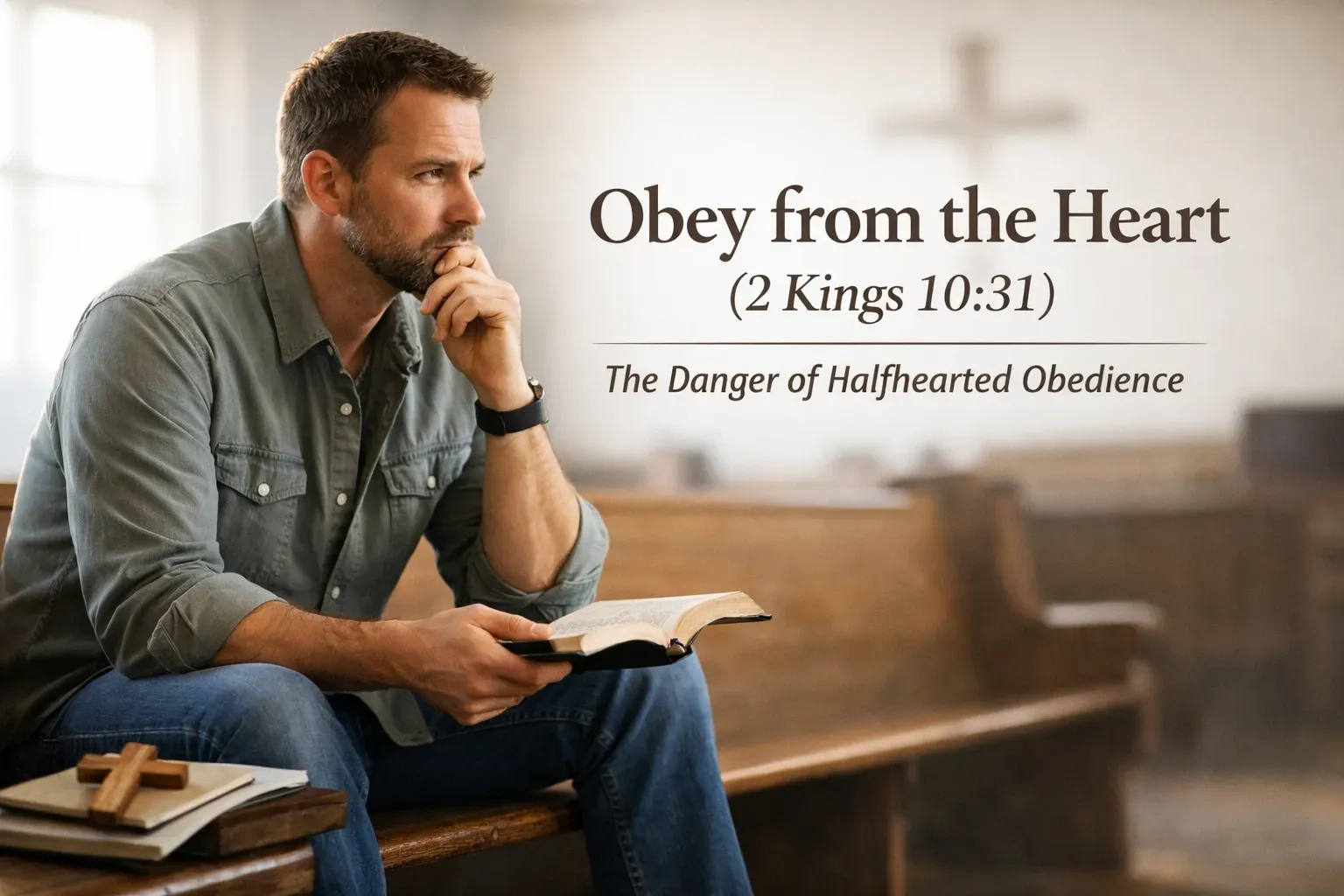Teaching our Students to Study the Bible
Austin Gardner • September 29, 2023
- Have your student learn to ask himself the following questions as they read the Bible.
- What persons have I read about, and what have I learned about them?
- What places have I read about, and what have I read about them?
- If the place is not mentioned, can I find out where it is?
- Do I know its position on the map?
- Does the passage refer to any particular time in the history of the children of Israel or some leading character?
- Can I tell from memory what I have just been reading?
- Are there any parallel passages or texts that throw light on this passage?
- Have I read anything about God the Father?
- About Jesus Christ?
- About the Holy Spirit?
- What have I read about myself?
- About man’s sinful nature?
- About the new nature?
- Is there anything I should learn to do?
- Any example to follow?
- Any promise to lay hold of?
- Any appeal for my direction?
- Any prayer that I may echo?
- How is this Scripture profitable for doctrine?
- For reproof?
- For correction?
- For instruction in righteousness?
- Does it contain the gospel in type or evidence?
- What is the key verse of the chapter or passage?
- Can I repeat it from memory?
- Teach them four necessary attitudes and actions for learning the Word of God
- Admit its truth
- Submit to its teachings
- Commit it to memory
- Transmit it.
- What they must learn to do
- Feed themselves
- They must learn to continue reading the Bible
- Help them learn to read the Bible more than books about the Bible
- Teach them to carry their Bibles and to mark them as they learn
- Teach them to use a concordance and look up things
- Teach them to do a word study in the Bible from the beginning to the end, first mention, etc
- Teach them to spend a few minutes every day reading the Bible
- Teach them that as they read it is to learn to be and do
- Teach them to memorize the Scriptures
- Teach them to meditate on the Scriptures











